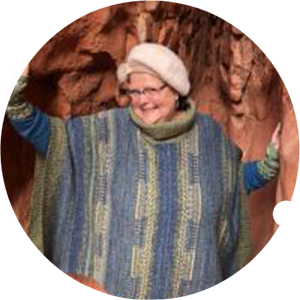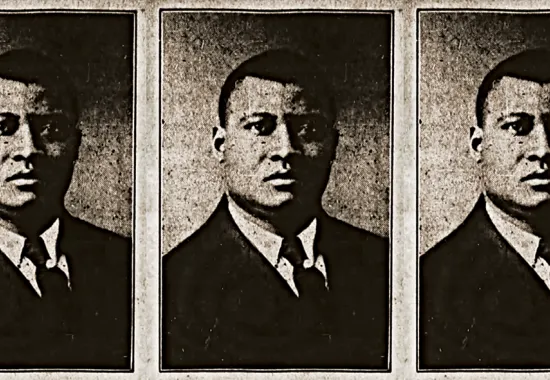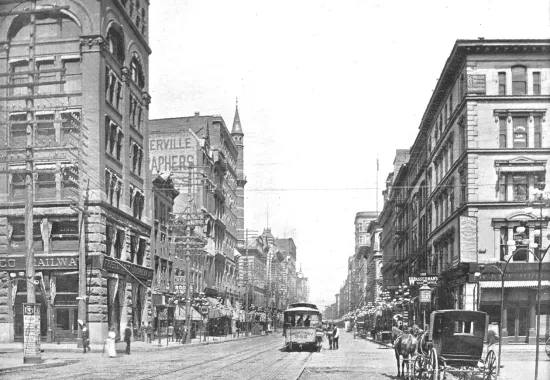From Surviving to Thriving: My Journey After Loss
I awoke the morning after the funeral knowing I was not in my own bed.
The sheets were too rough, the voices floating into the room unfamiliar, the temperature too humid and dense. I was alone in bed, no one was beside me, no dog at my feet. And suddenly, Harry‘s last moments came rushing back. The image of his hand sliding across the table to grasp mine, the confusion in his eyes, the horrible moment when I felt him gasp and stop breathing.
I was reeling again in that moment, unable to find my balance, thrown at a weird 45° angle as if my center of gravity would not hold, and when I tried to raise myself from the bed, I could not stand upright. I crashed into the night table, then careened into the wall, sliding down to the floor. Like a trick in a house of mirrors, the guest room floor was tilted and taunting me, refusing to let me stand. I struggled to move my body from the floor, onto my knees, but I fell on my side, slamming against the door this time. I realized that the only way to maneuver myself to the bathroom was to inch along like a caterpillar, my head planted firmly on the hardwood floor, into the bathroom, then with extreme effort onto the toilet seat, sitting with my head between my knees. This inability to find my center, to regain my equilibrium lasted for three hours. I told no one. I feigned exhaustion and stayed secluded in the bedroom until I could stand, my physical balance restored.
Regaining my emotional balance would take longer.
•
WANDERING
I have been searching for you, my love
in waterfalls and streams
between rocks and granite boulders
under bridges, down ravines,
But you are not there.
I look for you in the cool night air,
Listen for your breath in Ponderosa pines
Reach for your hand, smooth back your hair
But you are not there.
Switchbacks, gravel roads, dirt paths,
One lane tunnels, dead ends,
On and on I drive....
But you are not there.
•
After Harry died, I spent four months gathering, sorting, separating, and crating the remnants of his life into boxes. I made packages of photos and mementos for his closest friends, selected personal items for members of his family, and placed one box of sweet emails and silly cards gently beneath my bed for those nights when I could not sleep. And once the physical packing was finished, the last box of books sent to his archives at Saint Norbert College, the final truck load of clothing and furniture given to charity, the car sold, the house keys in the hands of a realtor, the estate turned over to his children, then what? How do you gather the unraveled threads? Where do you place them? I was lost. I could not find him and I could not find myself.
So for the next three months, I traveled, trying one method of self-care then another to ease my grief. I meditated in the Black Hills of South Dakota and photographed buffalo; I floated in isolation tanks, smoked pot, and wrote bad poetry in Colorado; in Texas I spent a day at a Korean spa with nude public baths (separated by gender), a salt room, an infrared room, a pine salt room, a Pyramid room, multiple whirlpools with water jet technology, foot acupressure, a body scrub, a facial, a pedicure, a manicure, and lunch. By Thanksgiving, I was spent. Five months without him, and my life was still off balance.
•
Sunset on Fisher Lake
This first Thanksgiving without you
I spend the weekend decorating for Christmas.
On Sunday, I drive to the lake at sunset.
Geese fly low over still water,
Mallards swim serenely in rows,
A half-moon appears as the sky turns
Pink, lavender, blue—a color with no name.
Simple beauty, like the life we shared.
Peaceful, silent, I receive the end of day
For the miracle it is.
•
By January that first year I knew I could not do this grief journey alone, so I hired Sarah Nannen, a life coach for widows. Sarah offered a 10 week intense program that included 2 to 3 hours of online meetings every week and about 8 hours of homework. Part of a cohort group of six women from across the nation, we meditated virtually and privately; learned to use body scans as part of our self-care work; kept gratitude journals; wrote letters to our departed partners, future lovers, and letters to ourselves. I struggled to write about my worst fears (growing old alone, being a burden to family in my final years, running out of money, never finding love again). I made a new will, evaluated my finances, and set healthy boundaries with people who tended to suck the life out of me. I loved making a vision board, exploring my spirituality, practicing mindfulness, and being present in nature. Over the weeks, I managed to establish new practices that kept me balanced. Most of all, I was starting to feel less alone.
In April I finally met Sarah and my fellow widow sisters face-to-face at a retreat. It was instant recognition. With Sarah and my widow sisters, I can’t fake self-care (wonderful performer that I am). They know me too well, call me out when I am putting my life on hold and stifling the part of Karen that is trying to breathe. They see me running from a fresh wave of grief and say “Slow down; let it wash over you; you won’t drown.” They also understand that performance feeds me. They encourage me to lean into it, to feel it again in my bones, allow it to strum my nerves with vibration. It is as vital to my self-care as breathing. And so, to paraphrase bell hooks, I return to performance in this panel today because I want to make the hurt go away.
•
Citrus in Winter
How cruel the body to crave citrus in winter.
The stinging tang on the tongue,
The pungent aroma of orange, yellow, and green orbs beckons me.
I inhale essential oils.
Grapefruit, orange, lemon, lime—
Imposters for the fruit I seek.
This craving fills me,
Coarsing through my body,
Calling forth a symphony of scents and tastes.
How foolish, my summer self,
to have hurriedly consumed each slice,
Failing to savor the nectar,
To fondle the sticky peel,
To absorb the brilliant color.
Like citrus in winter
I long for you.
Recommended
The Ballad of Ollie Jackson
A Picture of Stack Lee
Crossing Paths






